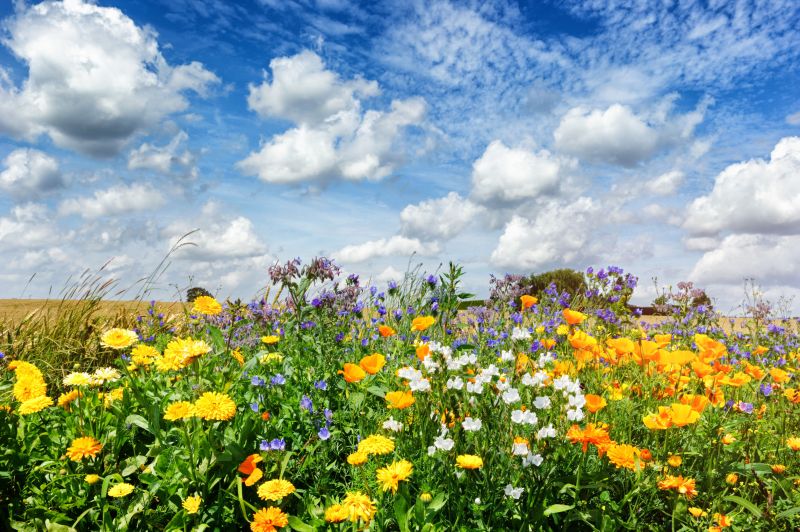Farmers 'show leadership' in environmental work, NFU says

British farmers have taken part in a 'huge amount of work' to deliver benefits for the environment, the NFU said following the release of the State of Nature report.
The union made the comments following the release of the study on Thursday (3 October), which blamed intensive farming and climate change for species loss.
The report, by 70 wildlife groups and government agencies, looked at data from almost 7,000 species.
It said that more than a quarter of mammals are facing extinction, and 41 percent of species studied have experienced decline since 1970.
Animals deemed most threatened include hares, hedgehogs, bats, and numerous birds such as the turtle dove and willow tit.
The study cited both intensive farming and climate change as the main reasons for the decline in nature.
It added, however, that government-funded wildlife-friendly farming 'may have helped slow the decline in nature'.
Responding to the report, the NFU said British agriculture has 'embarked on a long journey of protecting and maintaining' the environment.
It comes as the farming industry looks set to produce more food to meet the demands of a growing population, using less land, less water and fewer agricultural inputs, in the next thirty years.
Putting food production to one side, agricultural groups and unions are increasingly encouraging farmers to participate in environmental work to enhance landscapes, improve soil and water and boost wildlife.
For example, this year, 140 different species of birds were recorded on farms during the Big Farmland Bird Count.
The bird-watching initiative saw a 40 percent increase in farmer and landowner participants.
And, according to the NFU's own environment report, around 10,000 hectares of football pitches of wildflower habitat have been planted, creating homes for bees and food for insects.
Meanwhile, over 35,000 ha are under positive management conserving field trees, grasslands, woodlands and orchards, and 47,000 ha of buffer strips protect watercourses and features.
The State of Nature report added that climate change is one of the biggest issues affecting the British environment.
In response to this, the industry has set a target to reach net zero greenhouse gas emissions by 2040 through improving land management and changing land use to capture more carbon.
NFU President Minette Batters said: “I’m pleased that farming is showing leadership in tackling this huge challenge we all face.
“Reducing our emissions and counterbalancing them through improvements in productivity and renewable energy production will also play an important role.
“We cannot simply offshore our environmental footprint elsewhere in the world where standards fall below our own.
“As the NFU’s own environment report recognises, farmers have a huge role in meeting these environmental challenges, alongside providing safe, traceable and affordable food for the nation.”
The union has called for a domestic agricultural policy that allows farming to 'thrive' after Brexit, so farmers can 'embrace accessible environmental schemes'.
The Soil Association added that farmers 'need to make a fair income' as they shift to more nature-friendly practices post-Brexit.
Gareth Morgan, head of farming policy at the charity, said: “We know this transition is possible. The recent report from French think tank IDDRI models a transition to a system that slashes pesticide use, recycles nutrients, integrates trees into the landscape and rebuilds soil carbon.
“Provided we are prepared to shift to healthy diets, this is the route to rebuilding biodiversity whilst tackling climate change.”








